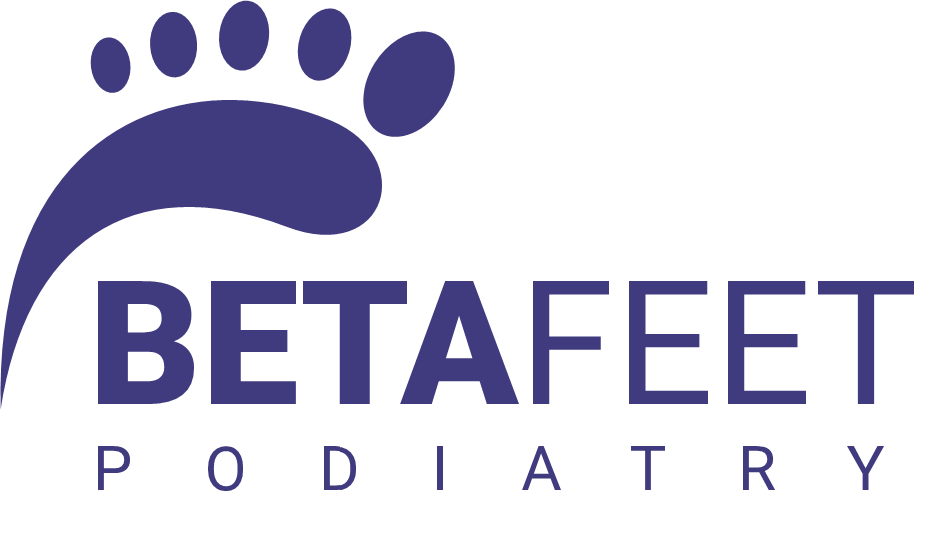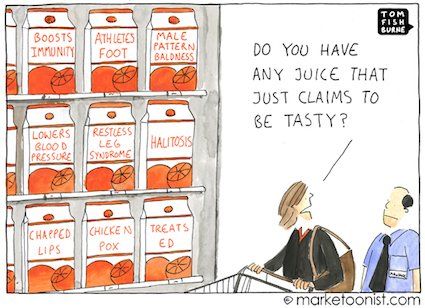... are we being taken for a ride?
Not a day seems to pass without yet another media mention of good, bad or ugly food/drink that might make us feel better or do us more harm. What source(s) can we believe and what ultimate proof?
True Health Initiative ( www.truehealthinitiative.org ) is a global coalition of health experts and influencers in diet and nutrition focused on lifestyle medicine, which seeks to encourage a healthy way of eating and living to promote longevity, vitality and overall health, backed by scientific evidence, not media distortions and hyperbole:
‘The rollercoaster ride of diet headlines can be dangerous to your health. Sensational soundbites about diet sow confusion and sell books, but the constantly changing focus from one nutrient or food to another misses the forest for the trees.’
Here is but a small ‘taster’:
·A high carb diet may hasten the menopause (01/05/2018). On the same day: oily fish could help push back menopause.
·Type 2 diabetes: ‘Eat to beat diabetes in just 8 weeks’, a life changing diet that can help you avoid or even reverse type 2 diabetes ( Daily Mail 2016). According to the article, research by Newcastle University tracked 11 people who followed a very low caloric diet (around 800 calories a day). Results after two months showed that the volunteers lost an average of 33lbs and five inches around their waists. All saw their blood sugar levels return to normal . The study was championed by the article’s author, Dr Michael Mosley, who just happens to have published a book ‘The 8-week blood sugar diet: lose weight and reprogram your body’.
·Tea helps combat obesity.
And of course, the perennial debate of decreasing vs increasing salt in the diet, drink/more less coffee or tea, and others. Cooking methods also come into play The bottom line is to lead a healthy and active life.
Media diet and nutrition sensationalism
A study of UK newspapers concluded that the majority of nutritional claims had ‘no credible scientific basis’. ‘ The quality of the evidence for dietary advice given in UK national newspapers’ Benjamin E. J. Cooper, William E. Lee, Ben M. Goldacre and Thomas A. B. Sanders (2012). Not surprisingly the tabloid papers lead the way. With increased social media use and its international scope, more such stories are appearing. Most of these sensationalist headlines and stories have no scientific evidence to back them and small or limited research samples. Newspaper headlines and stories play on relative public ignorance, emotions and often, scaremongering. Such headlines and their related stories sell newspapers.
A study of UK newspapers concluded that the majority of nutritional claims had ‘no credible scientific basis’.
The quality of the evidence for dietary advice given in UK national newspapers’ Benjamin E. J. Cooper, William E. Lee, Ben M. Goldacre and Thomas A. B. Sanders (2012). Not surprisingly the tabloid papers lead the way. With increased social media use and its international scope, more such stories are appearing. Most of these sensationalist headlines and stories have no scientific evidence to back them and small or limited research samples. Newspaper headlines and stories play on relative public ignorance, emotions and often, scaremongering.
Such headlines and their related stories sell newspapers.
What to look out for
You need to be able to identify the signs which tell a good piece of health information from the bad. In this way we can all enjoy the entertainment that a tabloid or magazine can give, but know what to watch out for to help avoid the utter confusion we seem to be facing regarding nutrition:
Language
Most tabloids and magazines will use sensationalist language. Bold statements are intended to shock, hold relevance and so appeal to the public. We all like information to be simple and easy to understand, but watch out, the ‘science’ is often oversimplified and likely to be contradicted.
Single food focus and poor sample sizes
Ignore any article that suggests a single food confers either miraculous or devastating health effects. Remember one recommendation will not work for everyone. Drinking juice everyday might work amazingly for one person, but it might not for another. It is always best to follow the advice of a medical practitioner. If you have a question, research it.
Trends
Have you seen trends starting to arise? Are you starting to see an over-publication of a particular food or diet in the media? Big industry controls much of what gets published in the headlines so you should expect provocative diet ‘breakthroughs’ to dominate news stories and suddenly disappear.
Deadlines vs research methodology
Authors and journalists tend to get their information from press releases quickly and do not have the time or word count to criticise the methodology of the science.
Sources of information and vested interests
Look into the true source of your information: is it research published from a university? An organisation with vested interests? It’s always best to think of the intentions of the information sources. Universities often need publicity and funding for further research. However, many studies do have good intentions, but are not conclusive in their findings. Authors in turn try and reach strong conclusions to appeal to the reader.
Remember: the lifeblood of newspapers and magazines is to entice readers (current and new) and make money. Social media relies on website ‘hits’ and online advertisers benefit from the putting their products out in the market for potential consumerconsumption. Of course, internet searches invariably expose users to related products and previous searches/orders, as well as market research and data collection.
Data manipulation
The majority of time, Journalists act as a filter between science and the public. As a result, we are often listening to manipulated information. If you have the time, read up on the health columnist who wrote the article. Do they have the credentials they say and are they truly informed to make strong claims which have a strong influence?
List of resources on the internet
·National Health Services offers the service NHS choices where you can obtain up to date and achievable health recommendations. These national guidelines provide relevant lifestyle choices and has a health news tab where you can find current research aimed at informing the public:
http://www.nhs.uk/Livewell/Pages/Livewellhub.aspx\
· The World Health Organization (WHO) offers a nutrition page amongst an extensive array of health guidance. Here the information is presented in an informative manner. Specific scientific data can be found on the fact sheet link:
·With more than four million now diagnosed with diabetes in the UK, it feels important to provide you with specific advice on this disease. Type 2 diabetes is largely attributed to lifestyle choices (nutrition being a major factor) and Diabetes UK provides a comprehensive guide to managing your diet. https://www.diabetes.org.uk.
· Betafeet Podiatry can direct you to additional resources, particularly local. www.betafeetpodiatry.co.uk.
These organisations' aims are specifically to inform the public and are not motivated by news values that govern journalism.
We do appreciate that tabloids can provide entertainment and spark interest in health topics. Our key point is that you take these health claims with a ‘pinch of salt’ and try to be as critical as possible when evaluating how they impact your life.







